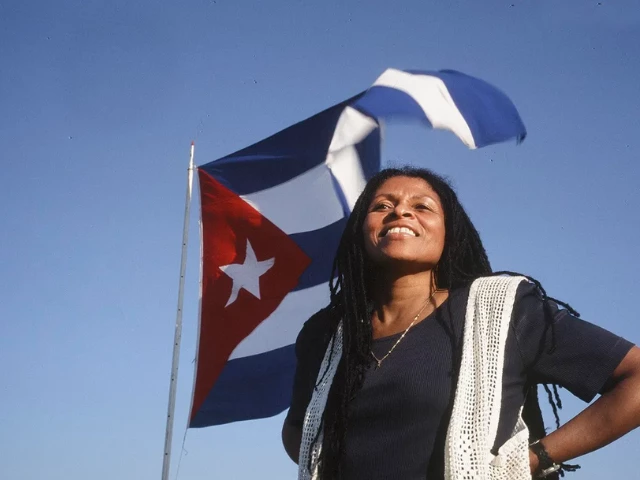Black liberation activist Assata Shakur dies in Cuba at 78 after decades in exile
Assata Shakur, Black Panther and Black Liberation Army activist, dies in Cuba at 78 after decades in exile.

Assata Shakur, the Black liberation activist and former member of the Black Panther Party and Black Liberation Army, has died in Havana, Cuba, at the age of 78.
The Cuban government confirmed her passing on Thursday, marking the end of one of the most controversial and influential lives in modern U.S. political history.
Shakur, born Joanne Chesimard, was convicted in connection with the 1973 killing of New Jersey State Trooper Werner Foerster during a shootout that also left one of her fellow activists dead. Shakur was shot twice during the incident and sentenced to life in prison plus 33 years. In 1979, she escaped from a New Jersey prison and fled to Cuba, where she was granted political asylum. She consistently maintained her innocence, describing her trial as a “legal lynching.”
In her writings, Shakur emphasized her lifelong fight against racism, oppression, and political repression in the United States. Her autobiography includes the well-known passage: “It is our duty to fight for our freedom. It is our duty to win. We must love each other and support each other. We have nothing to lose but our chains.”
Shakur frequently spoke about the FBI’s COINTELPRO program, which targeted Black activists during the 1960s and 1970s. She argued that government surveillance, harassment, and disinformation campaigns created conditions that left her with no choice but to seek refuge outside the U.S.
Though U.S. authorities long sought her extradition, Cuba refused to comply, allowing Shakur to live in exile for more than four decades. Her death closes a chapter in the history of both the Black liberation movement and U.S.-Cuba relations, leaving behind a legacy still fiercely debated.



















COMMENTS
Comments are moderated and generally will be posted if they are on-topic and not abusive.
For more information, please see our Comments FAQ